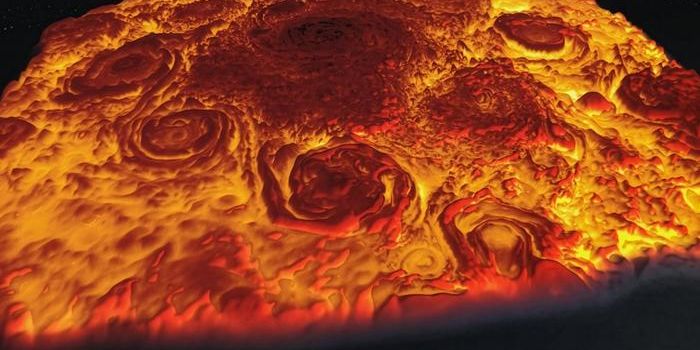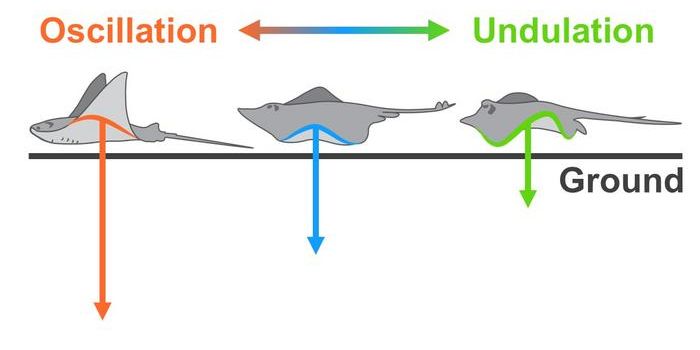Entire Branches are Being Lost From the Tree of Life
Some scientists have suggested that a sixth mass extinction is underway on Earth. A new study has confirmed those findings by demonstrating that huge amounts of biodiversity are being lost from the animal kingdom at massively accelerated rates, and whole branches are being chopped off of the tree of life. Extinct animals like the passenger pigeon, Tasmanian tiger, and Yangtze river dolphin were the last surviving species of their genus, and there are many other examples like these.
When animals are classified as endangered or extinct, the focus is usually on individual species. But by exploring the bigger picture, researchers have determined that the tree of life is being 'mutilated,' according to a new study reported in the Proceedings of the National Academy of Sciences.
"In the long term, we're putting a big dent in the evolution of life on the planet. But also, in this century, what we're doing to the tree of life will cause a lot of suffering for humanity," noted study co-author Gerardo Ceballos, a senior researcher at the Institute of Ecology at the National Autonomous University of Mexico.
"What we're losing are our only known living companions in the entire universe," added study co-author Paul Ehrlich, Bing Professor of Population Studies, Emeritus, at Stanford University.
In recent years, the information in databases that relate to wildlife conservation have improved. The investigators were able to utilize this data to analyze the outcomes for 5,400 genera of land-dwelling vertebrates, which includes 34,600 species of animals.
This showed that 73 land-dwelling vertebrate genera have been lost forever, and just since 1500 CE. There are 44 genera of birds that have been lost, but mammalian, amphibious, and reptilian genera have gone extinct as well.
The work indicated that the rate that vertebrate genus are going extinct is 35 times higher now than it has been in the last million years. During that period, the Earth should have normally lost about two genera. But human actions have caused a spike in extinctions that otherwise would have taken 18,000 years to accomplish - the report refers to this as a "biological annihilation."
Although academics don't usually use "alarmist" language, said Ceballos, the findings called for a strong message. "We would be unethical not to explain the magnitude of the problem, since we and other scientists are alarmed."
The extensive loss of biodiversity can have major impacts on humanity as well. The investigators noted that white-footed mice once had to compete with passenger pigeons for sustenance like acorns. Now that those pigeons are all gone, and other predators like wolves are in decline, mice can thrive, and raise the risk of disease in humans.
The loss of a species or two may not pose a major problem for the planet. But when entire genera are going extinct, there is a hole in the ecosystem that cannot be easily filled by another species, the researchers said. There could be add-on effects as the climate continues to change too.
Humans also lose access to biological knowledge that comes from understanding diverse animals. The gastric brooding frog, another extinct last species of a lost genera, could deactivate their stomach acid while gestating their young in their stomachs. This biological process might have provided insight into how to deal with acid reflux disease in humans, if those frogs were not gone.
The researchers are calling for immediate increases in conservation efforts, particularly in the tropics, where extinction rates are highest.
Increasing human population and its voracious consumption is still a major problem, the study authors noted. "The idea that you can continue those things and save biodiversity is insane," Ehrlich said. "It's like sitting on a limb and sawing it off at the same time."
Sources: Stanford University, Proceedings of the National Academy of Sciences (PNAS)









